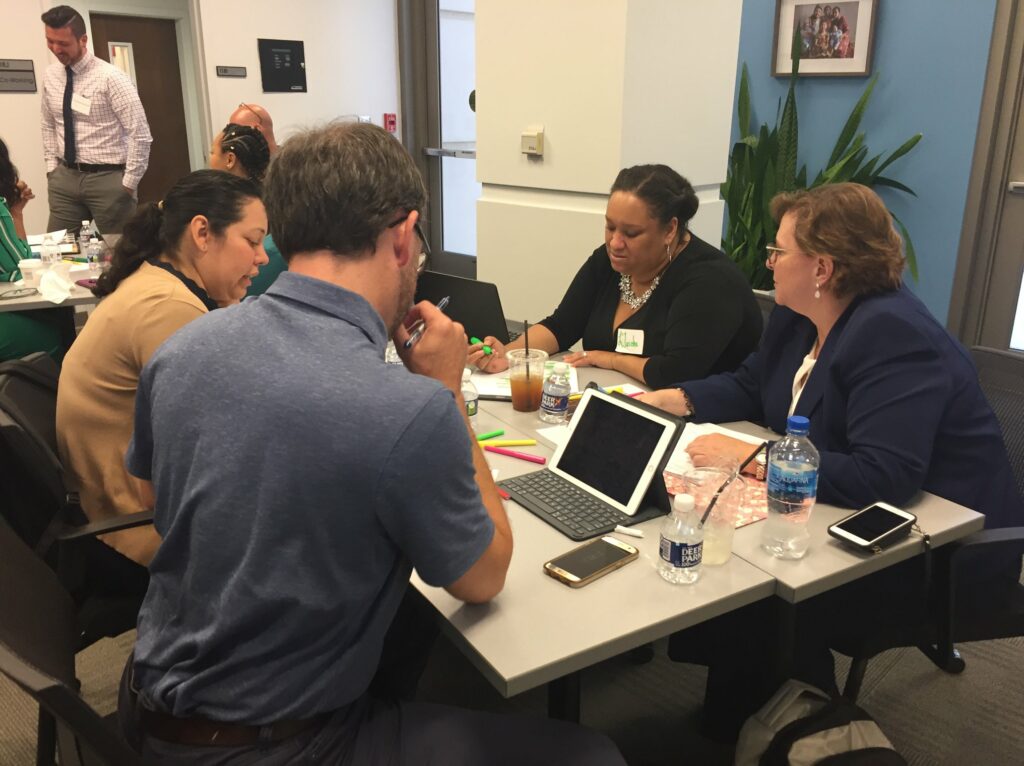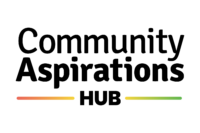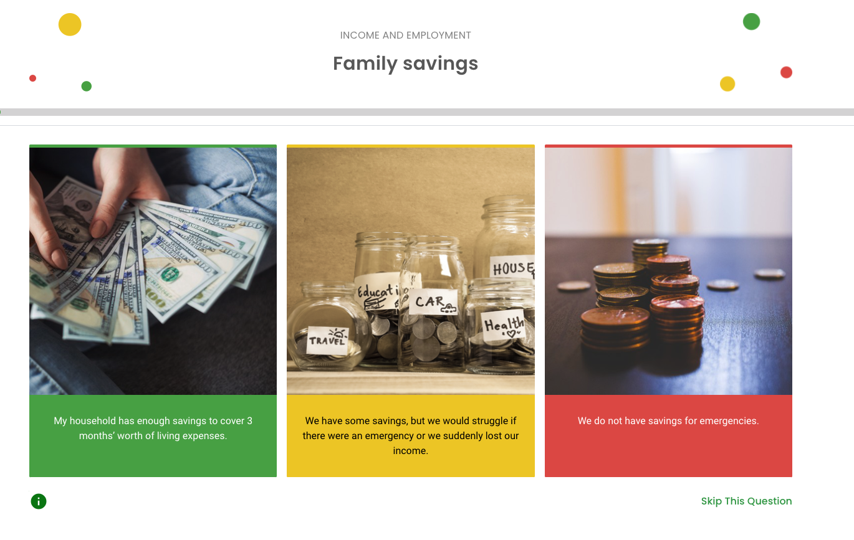The Community Aspirations Hub is an initiative of the Social Innovation and Entrepreneurship Lab within the School of Social Work at the University of North Carolina at Chapel Hill. In collaboration with communities, organizations, subject matter experts, and people with lived experience, we are exploring innovative community-driven pathways to wellbeing.
We provide access to Aspire, a self-assessment survey and an intervention model that can be customized for different populations and contexts. Aspire helps people overcome barriers to wellbeing, achieve their goals, and activate their full potential.
Aspire
Aspire is an innovative, technology-based tool that enables participants to self-assess their wellbeing and create a plan to improve their lives on their own terms. Participants work to achieve their goals with the support of an Aspire coach or mentor.
As they make progress towards their goals, Aspire participants experience increased self-efficacy, improved economic and social mobility, and enhanced wellbeing.
Our Goals
The goals of the Community Aspirations Hub and Aspire are to:
- Engage individuals and families in an empowering way that builds self-efficacy.
- Increase wellbeing of families as measured by Aspire indicators.
- Support communities in designing solutions to poverty at the local level.
- Facilitate a statewide network of partner organizations who will collaborate with community members and each other to address barriers to well-being, social and economic mobility, and health.

Aspire has been adapted and rebranded for use in North Carolina from a poverty reduction methodology developed by the Paraguay Foundation called Poverty Stoplight. The Poverty Stoplight has been implemented in over 40 countries, including the U.S. In 2017, Poverty Stoplight was recognized as one of the 11 projects advancing the United Nations’ Sustainable Development Goals.
Aspire is centered on the voice of individuals and their experiences. Participants, who are partners in the assessment and coaching process, have an opportunity to set their own priorities for growth and are empowered to reach goals on their own terms.

